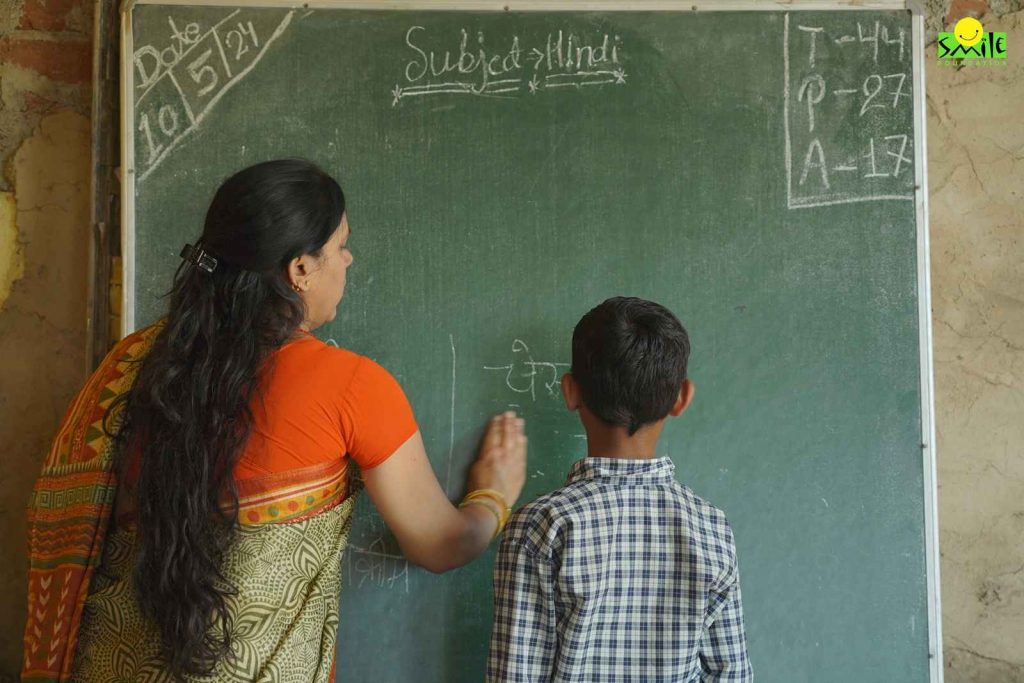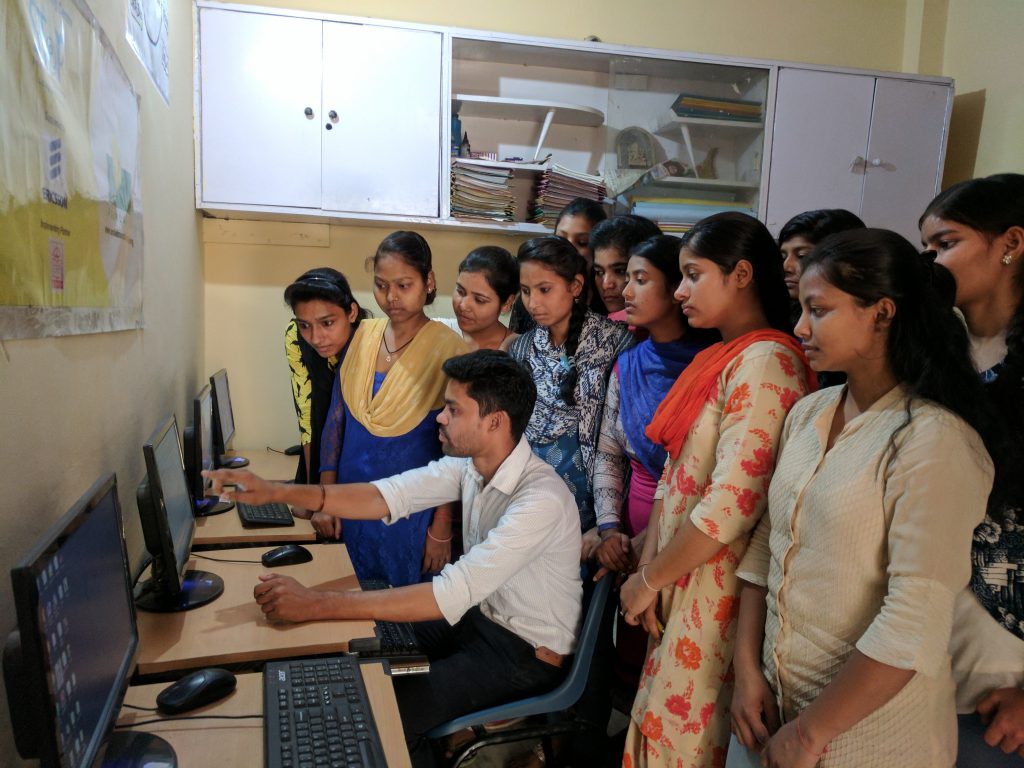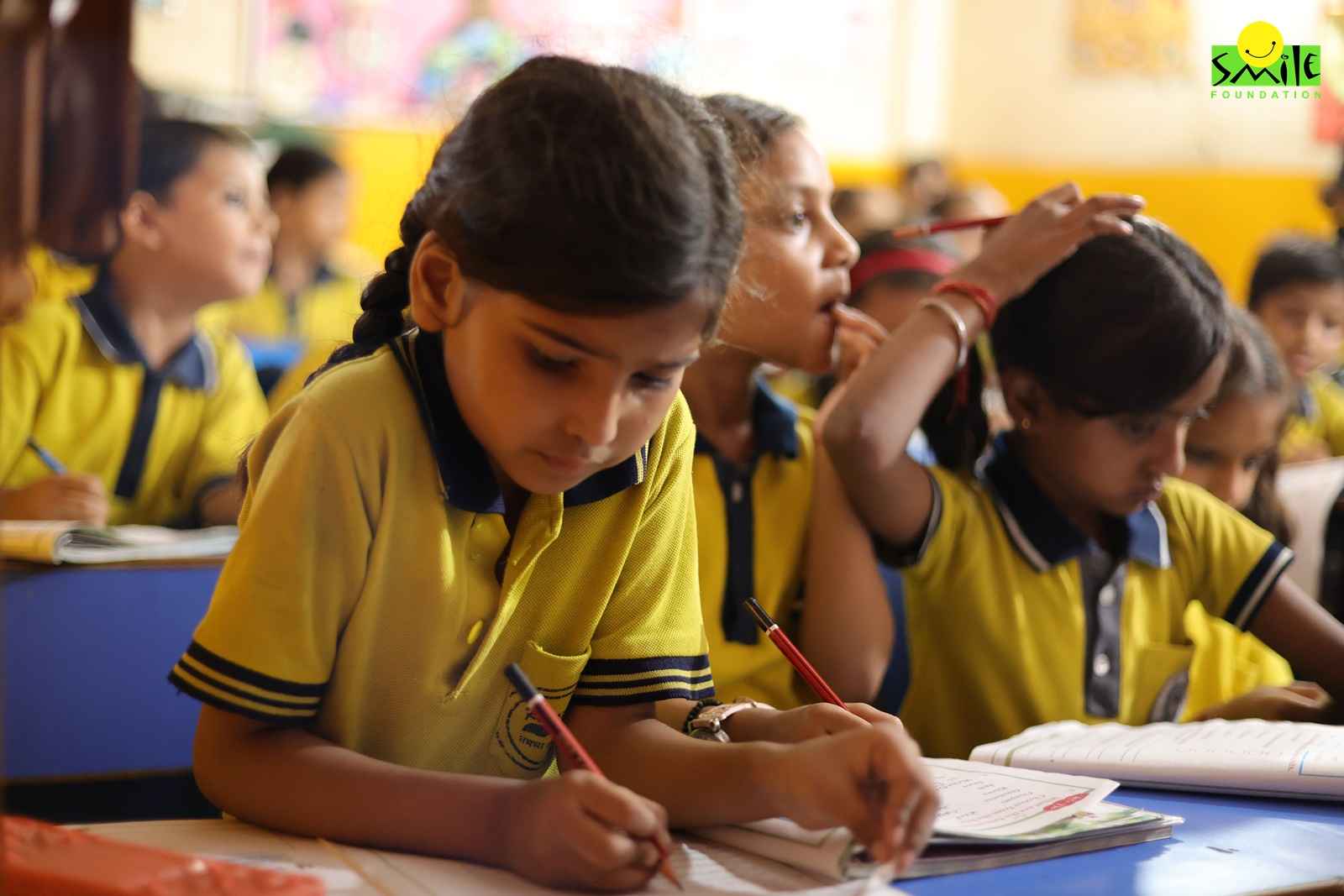The fast-evolving technology and changing human generations call for a shift in learning and assessment methods. The Indian education system has long been known for its rigorous examination process, which often prioritises rote learning and memorisation through end-of-term examinations. These high-stakes tests have been the main way of evaluating student performance, determining their academic future and shaping their career paths.
While this method has its benefits, it has also been criticised for promoting a narrow focus on test scores at the expense of overall learning and critical thinking skills. To promote creative thinking and problem-solving skills, we need to move from memory-based assessments to performance-based evaluations that gauge students’ understanding, analytical skills and ability to apply concepts.
History of the Indian Education System
The Indian Education System spans from the ancient era where primarily Vedic literature was imparted through Gurukuls to the colonial era where the British introduced the modern education system that established schools and colleges in India. Post-Independence when efforts were made to increase literacy, promote higher education and make education more accessible in all sections of society, significant reforms were witnessed in the education system.
The major reforms include the establishment of the Planning Commission in 1950 to prepare five-year plans that aimed to eradicate illiteracy, achieve universal elementary education, establish vocational and skill training programmes, upgrade standards, and modernise all stages of education. This led to the formulation of the National Education Policy in 1968 based on the recommendations of the Kothari Commission.
NEP 2020: A Paradigm Shift in Assessments
NEP 2020 was approved by the Union Cabinet of India aiming to transform the Indian education system by 2030. The implementation began during the 2023-2024 academic year, with various changes being introduced progressively. The NEP 2020 marks a significant shift in the educational landscape of India. It proposes a move away from conventional exam-based evaluations to a more comprehensive and continuous assessment method.
With the introduction of competency-based learning, new subjects and teaching methods under the revised curriculum, the new education system emphasises understanding concepts and applying knowledge over rote learning. It also promotes the usage of local languages as a medium for primary education.
The new education system aims to create a more dynamic, inclusive and effective educational environment. This system will prepare students for the challenges of the 21st century from a global perspective. Let’s discuss a few objectives of the NEP (2020) that can have a significant impact on overall learning and education:
- New School Structure focuses on early childhood learning (12 years of schooling + 3 years of pre-schooling)
- Provisions to ensure inclusive education ensure the social development of students
- Encouraging holistic and multi-disciplinary education to ensure the development of a broader range of skills, including analytical, critical thinking and problem-solving abilities
- Integration of vocational education
- Emphasis on foundational literacy and numeracy
- Extensive use of technology to remove barriers and increase accessibility
- Comprehensive curriculum framework for teacher education and continuous professional development opportunities
Potential Alternative Assessment Methods
Shifting from memory-based assessments to performance-based evaluations in the education system involves a fundamental change in how we view and measure student learning. We need to redefine educational goals and develop new assessment methods to move towards a more meaningful evaluation of students’ learning that aligns with the skills needed in the 21st century and focuses on more than just the retention of information.
Here are a few alternative assessment methods that could enhance the Indian education system-
Self-Assessment: Encouraging students to evaluate their own work helps develop self-reflection and critical thinking skills.
Problem-Solving Assessment: Students are analysed in real-world challenges through case studies that help them develop analytical skills. This helps them understand the application of their knowledge and skills in real-life scenarios.
Peer Assessment: This method involves students assessing each other’s work, which can foster a collaborative learning environment.
Project Assessment: Collective outcomes is the criteria because they use their skills and in-depth research on the topic to apply their knowledge creatively. Working in groups can also help them learn teamwork and communication skills.
Digitalise assessment methods for a dynamic learning experience
In today’s digital age, technology plays a crucial role in the implementation of alternative assessments. Digital platforms can facilitate the administration of assessments, the collection of student work and the analysis of data to inform teaching and learning. Moreover, digital assessments can provide immediate feedback, making the learning process more dynamic and responsive.
We can leverage technology to improve assessment methods that can lead to more efficient, accurate and engaging evaluation processes. This can help educators create a more dynamic and responsive assessment ecosystem beyond the traditional pen and pencil tests. Here are a few ways in which technology can enhance traditional assessment methods-
- Interactive Quizzes: Various online platforms allow you to create interactive quizzes and they also provide immediate feedback. This can help assess understanding in a fun and engaging way.
- Recording tasks: Students can record their work digitally to showcase their work over time, providing a holistic view of their learning progress.
- Online Assignment: Technology enables students to submit assignments online, making it easier to track and evaluate their work.
- Augmented and Virtual Reality: AR and VR can simulate real-world scenarios for students to interact with, providing a more immersive assessment experience.
- Adaptive Testing: Computer-based adaptive testing adjusts the difficulty of questions based on the student’s performance, offering a personalised assessment.
- Behavioural Monitoring: Technologies like eye-tracking and voice recognition can provide insights into students’ learning processes and help tailor assessments accordingly.
- Data Analytics: Analysing data from various digital tools can help educators understand learning patterns and adjust teaching strategies.
- Game-Based Learning: Educational games can serve as assessment tools by tracking progress and understanding through stimulation.
NEP 2020 holds a promise of a better future
The Indian education system stands at a crossroads, with the NEP 2020 offering a path towards more meaningful and effective assessments. The potential benefits for students’ learning experiences and outcomes are significant. By embracing these new approaches like the efforts of Smile Foundation, the Indian education system will foster a generation of learners both well-versed in their subjects and equipped with the skills necessary to thrive in the 21st century.
The Indian education system would indeed do better with alternative assessment methods. The shift towards a more holistic, continuous and competency-based evaluation system, as proposed by the NEP 2020, holds the promise of nurturing well-rounded individuals prepared for the complexities of the modern world.
The success of this transition will depend on the collective efforts of policymakers, educators, students and society at large. Everyone must embrace change and work towards a more inclusive and empowering educational framework.









